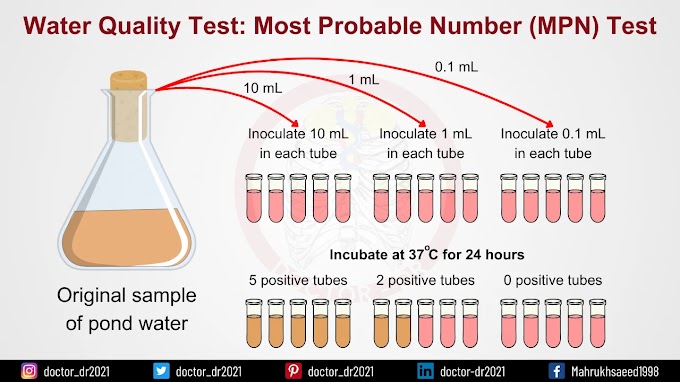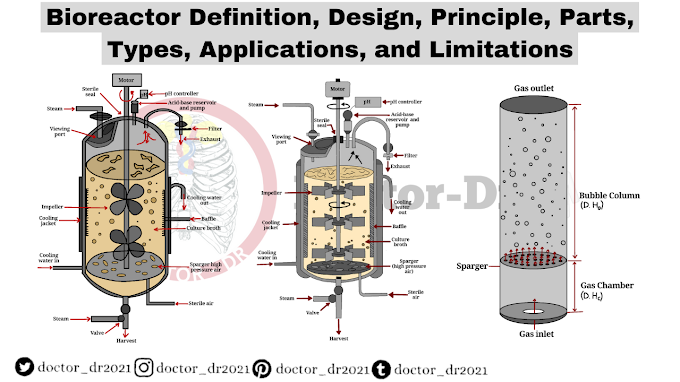Imagine bacteria with a built-in "buddy system" to fight off viruses! Researchers at the University of Southampton have discovered that bacteria can combine the strengths of two different defense systems to create a supercharged defense against phage viruses, offering a new weapon in the fight against antimicrobial resistance (AMR).
Phage Power:
Phage viruses, also known as bacteriophages, are the "good guys" of the virus world. These microscopic, spider-like organisms specifically target and kill harmful bacteria, making them potential alternatives to antibiotics in the fight against infections. However, bacteria are not going down without a fight.
Teaming Up for Defense:
This new study reveals that bacteria have multiple defense systems working together like an immune system. Previously thought to operate independently, these systems can form partnerships to create a more potent defense than either could achieve alone.
Scientists analyzed the DNA of thousands of bacteria, including E. coli, to identify these partnering defense systems. They then tested these partnerships in the lab, confirming their synergy in boosting immunity against phage viruses.
The Fight Against AMR:
AMR is a growing threat where bacteria become resistant to traditional antibiotics. Phage therapy, using phages to target specific bacteria, is gaining traction as a potential alternative. Understanding how bacteria defend themselves against phages is crucial for developing effective phage therapy strategies.
Lead researcher Dr. Franklin Nobrega emphasizes: "By understanding how bacteria defend against phages, we can improve phage therapy strategies to become even more effective in wiping out harmful bacteria."
Looking Ahead:
This research paves the way for further development and refinement of phage therapy, offering a glimmer of hope in the fight against persistent infections and AMR. The scientists believe their findings will complement ongoing efforts like public participation initiatives in collecting and researching phages.
Remember: This research is still in its early stages, but it holds immense promise for the future of fighting infections and tackling the challenge of AMR.








